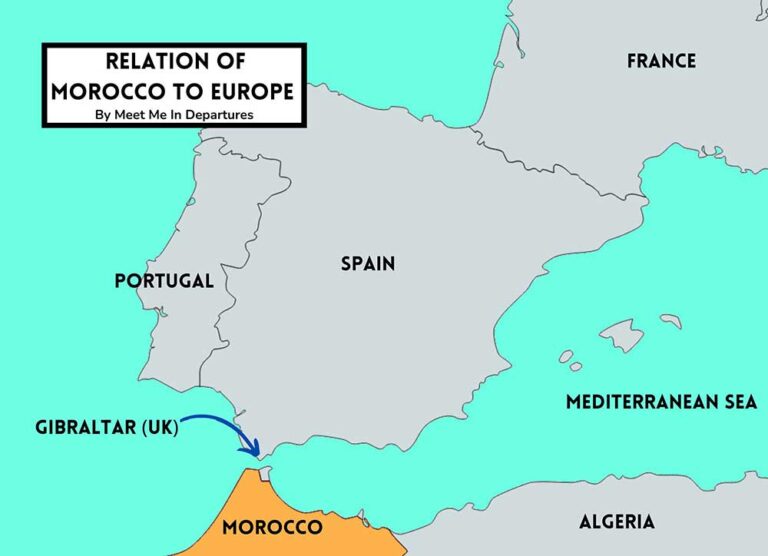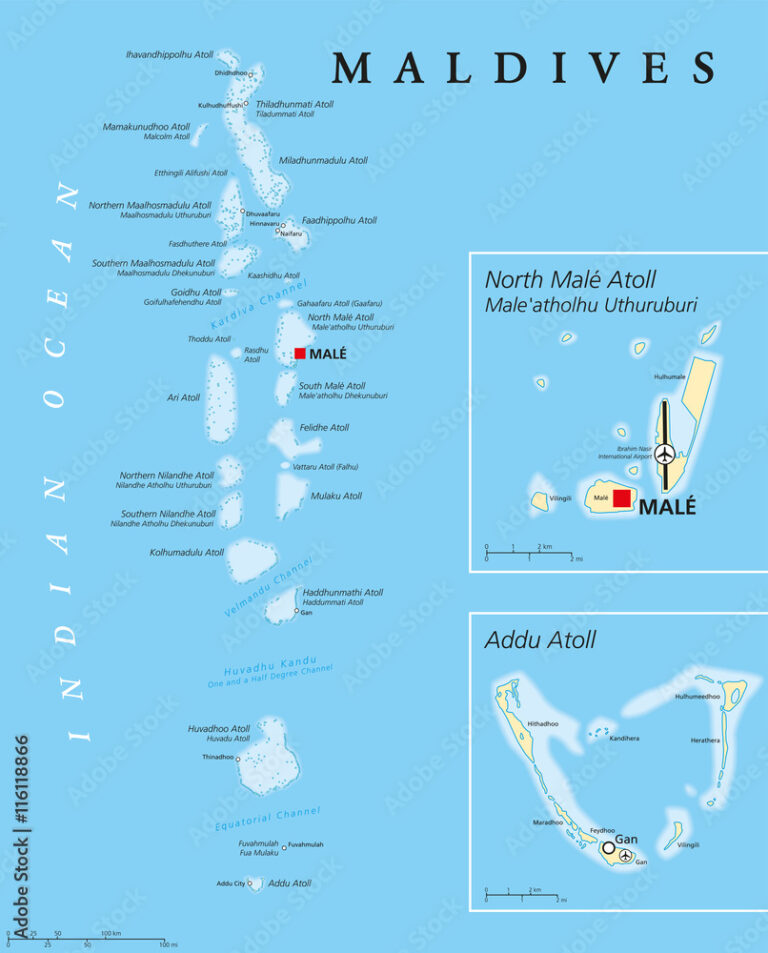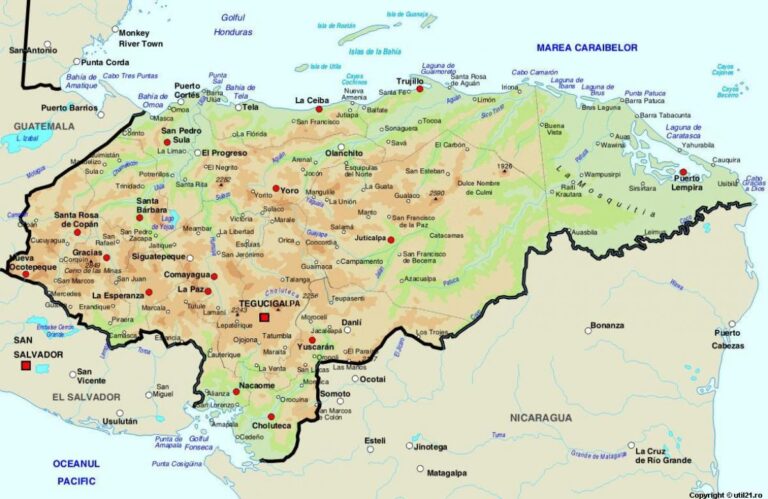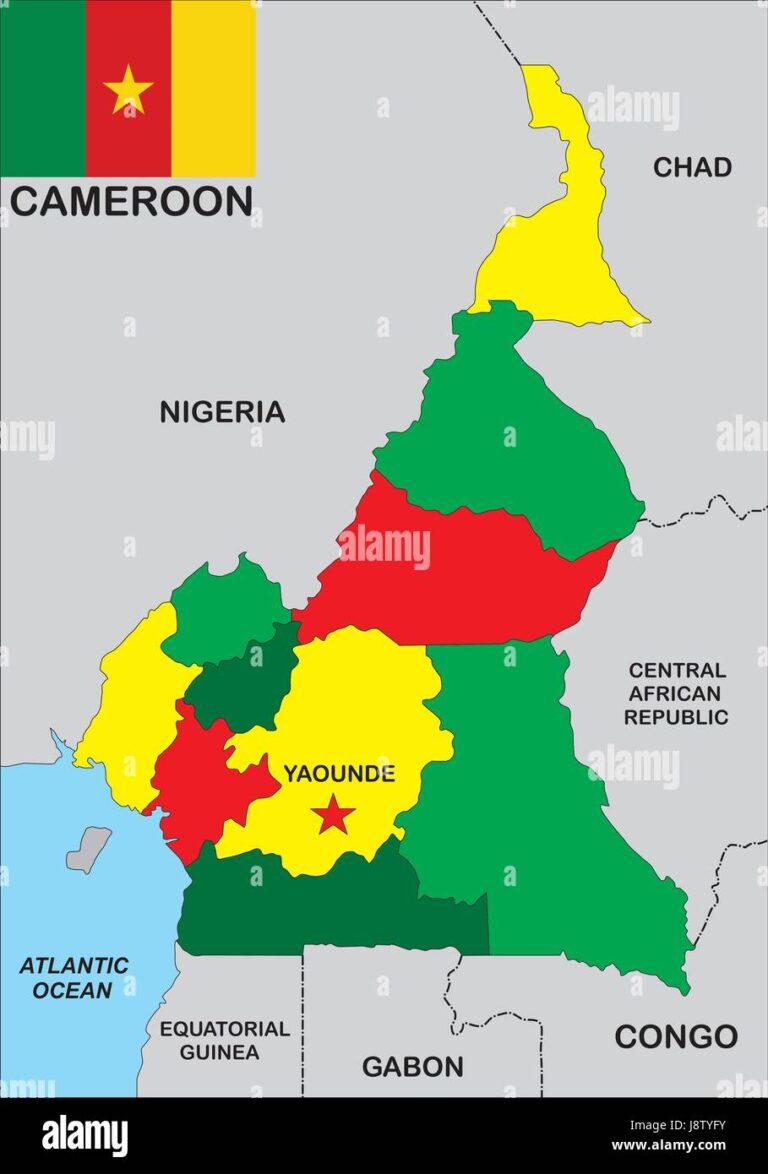Jordan Neighbouring Countries and Middle Eastern Map
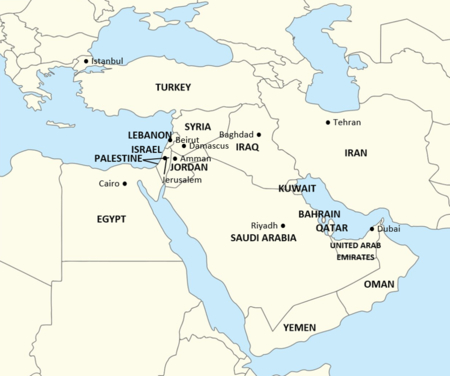
Jordan’s Neighboring Countries
Overview of Neighbors
Sitting snug in the Middle East, Jordan rubs elbows with five different countries. These neighbors have a big say in Jordan’s politics and business dealings. Here’s who Jordan borders:
| Country | Shared Border Length (km) |
|---|---|
| Iraq | 179 |
| Israel | 309 |
| Saudi Arabia | 731 |
| Syria | 375 |
| Palestinian Territories (West Bank) | 148 |
Geographical Importance:
- Iraq: Northeast of Jordan, shares a storied past and crucial boundary.
- Israel: Hugging the Jordan River to the west, it’s a link with Israel.
- Saudi Arabia: Southward, this stretch is the longest and is vital for economic and cultural connections.
- Syria: To the north, this border plays a key role in trade and safety.
- Palestinian Territories: Close to the Dead Sea, this edge underlines Jordan’s role in the Israeli-Palestinian struggle.
Geopolitical Conflicts
Jordan sits right in the middle of a politically touchy area, making it a big deal in Middle Eastern politics. They’ve had both squabbles and agreeable moments with their neighbors.
- Israel and Palestine: The Jordan River is a shared lifeline from the Sea of Galilee to the Dead Sea, threading through Jordan, Palestine, and Israel. The ongoing conflict here stirs the pot, requiring Jordan to step up diplomatically (more on Israel’s neighbors).
- Iraq: After the Iraq War kicked off in 2003, Jordan’s felt the pinch in terms of safety and economy.
- Syria: Civil unrest sent a wave of refugees into Jordan, shaking things up in the region.
- Saudi Arabia: Mostly pals, with Saudi Arabia offering a hand with money and support through the Arab League.
- Turkey and Iran: While not cozy neighbors, what Turkey and Iran do still echoes through Jordan’s strategic choices.
Current Cooperation and Alliances
- Peace With Israel: Jordan has a stable handshake with Israel, paving a way for diplomatic chats and trade despite the turmoil.
- Arab League Bonds: Teaming up in the Arab League, Jordan hustles with others on political and economic pitches to steady the region.
- Cooling Down Conflict: Jordan’s always in conversations with Israel and the Palestinian Territories, ironing out troubles. The Red Sea–Dead Sea pipeline, for example, is a group effort to tackle the water drought in the area.
Knowing who Jordan’s neighbors are and the messy politics it juggles, we can see the country’s sway and how it talks the talk in the neighborhood. If you’re curious about who else neighbors different countries, check out our spots on peace treaties, international team-ups, Dominican Republic’s neighbors, and Ecuador’s neighbors.
Land Borders of Jordan
Shared Boundaries
Jordan sits snugly in West Asia, surrounded by five neighbors that rub elbows with it daily:
- Iraq hangs out to the east
- Israel lurks to the west
- Saudi Arabia keeps guard to the south and southeast
- Syria keeps watch at the northern point
- The West Bank stands by Israel on the west side
These borders aren’t just lines on a map—they shape Jordan’s relationships with the rest of the world. Check out Wikipedia’s geography scoop for some extra juicy details.
Border Lengths
Stretching the tape along Jordan’s periphery, you’ll find they’ve got a hefty 1,744 kilometers of neighborly bonds:
| Country | Border Stretch (km) |
|---|---|
| Iraq | 179 |
| Israel | 307 |
| Saudi Arabia | 731 |
| Syria | 379 |
| West Bank | 148 |
That’s a lot of terrain to keep in touch with, giving Jordan plenty of opportunities for cross-border shenanigans (Wikipedia).
Coastal Access
Though its sandy toes in the Gulf of Aqaba measure a modest 26 kilometers, it’s anything but insignificant. Aqaba throws open Jordan’s window to the sea, hustling to keep trade flowing smoothly and ties strong with far-off lands. This sliver of coast holds its weight in salt, balancing Jordan’s economy and maritime liaisons. Peek at the Wikipedia page to float even more down this waterway.
For more on how Jordan stays linked with its mates, take a look at Jordan’s transport infrastructure.
You might also have a wander through the neighborhood with insight into Eritrea’s surroundings or perhaps check out what Ecuador’s got going on nearby [/ecuador-neighbouring-countries).
Diplomatic Relations
Jordan has a knack for making friends and keeping peace through deals, partnerships, and doing its bit to calm down heated situations. These moves help explain where Jordan stands in the global neighborhood and how it gets along with the countries next door.
Peace Treaties
Jordan’s positioned itself smartly in the Middle East by signing some key peace deals. In July 1994, the kingdom decided to play nice with Israel, making things official in Washington, D.C. They followed up with a peace treaty in October 1994. This was a big deal and helped cool things off in the area.
Not many in the Arab world have such agreements with Israel—just Jordan, Egypt, and more recently, the United Arab Emirates. These deals are big in smoothing out diplomatic relations and dialing down regional friction.
International Alliances
Jordan chats often with the US and the UK, and has strengthened these talks over the years. They even signed a Free Trade Agreement with the US in 2000, which kicked in come 2010. This was a big win for business ties between the two.
Jordan’s also backing an independent Palestinian state based on borders set in 1967, pushing for a two-state solution. Clearly, this places Jordan snugly within various international organizations and boosts its diplomatic rep.
Conflict Mitigation
Even with ups and downs, Jordan’s kept solid ties with close neighbors like Iraq. Sure, there have been stormy periods, especially with connections to Saddam Hussein back in the day, but they’ve managed to keep relations going strong.
Jordan does its bit to calm conflicts by joining hands in regional projects. One example is the Red Sea–Dead Sea Conveyance project, which shows Jordan’s all for working together to solve problems. Want more on these efforts? Check out our section on regional teamwork efforts related to Jordan.
Here’s a quick look at Jordan’s peace treaties and alliances:
| Agreement/Alliance | Year | Partner(s) | Purpose |
|---|---|---|---|
| Non-Aggression Pact | 1994 | Israel | Calm Relations |
| Peace Treaty | 1994 | Israel | Secure Peace |
| Free Trade Agreement | 2000 | United States | Boost Economy |
To sum it up, Jordan’s foreign affairs strategy is all about keeping peace, forming solid alliances, and ironing out issues with its neighbors. Curious about Jordan’s nearest buddies and their political connections? Head over to our piece on Saudi Arabia’s diplomatic landscape or Israel’s diplomatic network.
Water Scarcity Challenges
Water scarcity in the Middle East is a big deal, hitting countries like Jordan and its neighbors pretty hard. There’s a stew of problems here, with folks trying to juggle geopolitical tensions and environmental messes while figuring out how to manage their dwindling water supplies.
Jordan’s Water Crisis
Jordan finds itself in quite the pickle, being almost the thirstiest nation on the planet. By 2025, they reckon their need for water’s gonna outstrip what’s available by over a quarter. That’s saying something when you’re surrounded by countries like Iraq, Israel, Saudi Arabia, Syria, and the Palestinian territories, all of whom aren’t exactly swimming in surplus water either. Teamwork’s the name of the game here, with big projects like the Red Sea-Dead Sea pipeline aiming to quench the thirst of Jordan, Israel, and Palestine.
| Metric | Value |
|---|---|
| Water Needs Exceed Resources By | 26% by 2025 |
| Ranking in Water Insecurity | 2nd place globally |
Palestinian Water Issues
Then there’s Palestine, really feeling the squeeze. Since they don’t have control over their own water in some areas, like the West Bank where Israel calls the shots, there’s a mix of anger and dry taps. Regional teamwork is being tossed around as a solution, but let’s not sugarcoat it—the situation’s pretty bleak.
- Control over water resources: Israel holds the reins in the West Bank
- Impact on water quantity and quality: Not looking good at all
Israeli Water Management
On the brighter side, Israel’s been rolling up its sleeves and getting creative. They’ve turned to the ocean and the sewer, quite literally, with huge desalination plants and nifty wastewater recycling. These moves have made a splash, turning tap off warnings into a manageable trickle. It’s a poster child for thinking outside the box and playing nice with your neighbors when water’s on the line.
| Initiative | Description |
|---|---|
| Seawater Desalination | Mega projects churning out drinking water |
| Wastewater Reuse | Givin’ old wastewater a new life for farms and factories |
This water web across the area shows clear as day how essential it is for countries to band together. Projects like the Red Sea-Dead Sea pipe dream are steps in the right direction, encouraging a future where Jordan, Israel, and Palestine have ‘just enough’ instead of ‘not enough.’ If you wanna dive deeper into regional comings and goings, check out more on Israel’s neighbors and see the whole picture unfold.
Regional Cooperation Efforts
Countries over in the Middle East are stressed with big challenges, and water shortage tops the list. To tackle this head-on, the remarkable Red Sea–Dead Sea Conveyance project takes center stage, marking an important step in regional teamwork.
Red Sea–Dead Sea Conveyance
The Red Sea–Dead Sea Conveyance project is all about neighbors teaming up to ease the serious water shortage affecting Jordan, Palestine, and Israel. Its mission is simple: bring drinking water to people and help the shrinking Dead Sea bounce back. A pipeline is set to run water from the Red Sea to the Dead Sea (The Century Foundation). This shows how countries like Jordan, Israel, and Palestine are shaking hands to figure out smart ways to handle shared water troubles.
| Country | Project Perk |
|---|---|
| Jordan | Fresh drinking water |
| Israel | Fresh drinking water |
| Palestine | Drinking water and potential greener environment |
Collaborative Solutions
There’s more in the works than just the Red Sea–Dead Sea project. The region’s also trying out new ideas to manage water shortages by sharing technology and managing resources together. They’re building solid water systems and setting up clever water-saving practices.
Here’s what they’re up to:
- Co-operating on desalination plants
- Sharing reservoirs and distribution grids
- Running joint water-saving campaigns
These joint efforts are key in making water supply steady and enhancing goodwill among these neighboring nations. Check out more on Jordan’s diplomatic ties with our Peace Treaties section.
Progress and Challenges
Sure, there’s been progress in teaming up region-wide, but bumps in the road remain. Political drama and regional conflicts can sometimes throw a wrench into projects. Funding and getting everyone to agree are other big issues. With the tricky technology, projects like this one can hit snags.
Major Hurdles:
- Political scuffles messing with deals
- Money troubles
- Big-time technical challenges
Still, steps forward have been taken in recent years, reaching important goals on fair water distribution and closer cooperation across borders (The Century Foundation). For more thoughts on how water issues are being tackled in the region, check out our articles on Jordan’s Water Crisis and Palestinian Water Issues.
Transportation and Trade
Transport and trade in Jordan show how this Middle Eastern country stays connected with its neighbors. Peeking into the setup of airports, ports, highways, and trade give us a closer look at how Jordan deals with regional challenges.
Gateway Airports and Ports
Jordan’s spot on the map, along with solid air and sea ports, makes it a key player in trade and travel. These hubs get goods and people moving, boosting Jordan’s links to nearby countries and even further out.
Key Airports:
| Airport Name | Location | Major Connections |
|---|---|---|
| Queen Alia International Airport | Amman | International |
| King Hussein International Airport | Aqaba | Regional and International |
Major Ports:
| Port Name | Location | Function |
|---|---|---|
| Port of Aqaba | Gulf of Aqaba | Main maritime gateway |
The Port of Aqaba is Jordan’s go-to spot for shipping goods in and out. Queen Alia International Airport in Amman is the main hub for flights from around the globe, while King Hussein International Airport in Aqaba handles trips closer to home and beyond.
Land Transport Links
Jordan has highways that connect it to nearby countries, helping trade flourish. These roads are like lifelines, keeping goods moving smoothly.
Key Land Transport Links:
| Highway | Connection | Importance |
|---|---|---|
| Highway 15 | Saudi Arabia | Main trade route |
| Highway 65 | Syria | Important trade link |
| Highway 35 | Israel and Palestine | Regional connection |
This road network not only supports Jordan’s economy but also connects it with Iraq, Israel, Saudi Arabia, Syria, and the Palestinian territories (Source). These highways are crucial for getting stuff in and out of Jordan and keeping tight-knit with its neighbors.
Trade Dynamics and Challenges
Trade in Jordan is shaped by where it sits and how it gets along with surrounding nations. Jordan deals with trade passing through several countries, needing wise diplomacy and teamwork.
Trade Dynamics:
- Primary Imports: Machinery, fuel, textiles
- Primary Exports: Phosphates, potash, fertilizers
- Key Trade Routes: Gulf of Aqaba, roads to Iraq and Saudi Arabia
Jordan’s trade routes link up with key airports and ports, making sure cargo keeps coming and going.
Challenges:
| Challenge | Description |
|---|---|
| Political Instability | Regional conflicts can disrupt trade paths |
| Water Scarcity | Limits resources impacting farming and industries |
| Economic Dependencies | Dependence on importing necessary goods |
Being close to countries with shaky politics brings its own set of trials to Jordan’s trade and transportation game (Source). There’s also the issue of limited water supply, which affects many fields. For more on how Jordan deals with these hurdles, check out our section on Regional Cooperation Efforts.
Through smart planning and working together, Jordan keeps its trade and transport strong despite these bumps in the road.

